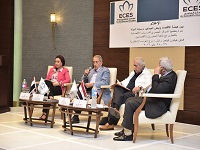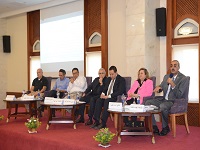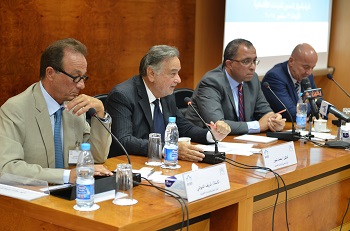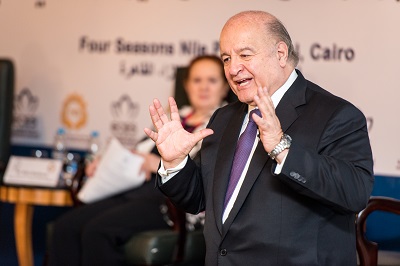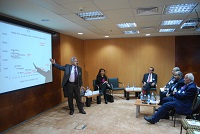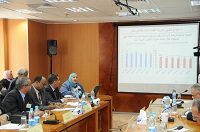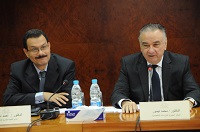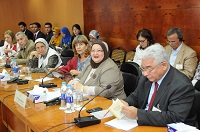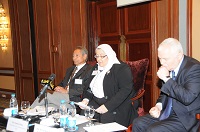1- Regional developments and their implications for economic development in Egypt;2- Major economic and social issues in Egypt;3- Public policies and the popular mood: With a focus on the Suez Canal Economic Zone;4- Professional development for economic reporters;5- How to read the state’s budget;6- Main forecasting and economic analysis tools for economic reporters;7- Population census […]
To calculate a country’s competitiveness index, these pillars are weighted depending on the stage of development that a country falls into based on GDP per capita and the ratio of mineral exports to total exports. Egypt’s classification as an efficiency-driven economy places the bulk of weight on efficiency enhancers. ECES is a partner institute of […]
However many argue that left alone, the informal economy has repeatedly acted as an economic safety net to the poor during economic downturn in Egypt and other countries. Those opposed to formalization argue that: i) there are a limited number of successful formalization programs because most governments view formalization as a measure of raising additional […]
Discussion question: What does other country experience offer Egypt to inform its process of designing and implementing social justice policies?
Specifically, this roundtable attempted to answer the following questions:
With respect to Egypt, the report considers the textile industry of paramount importance to the economy, accounting for 5 percent of total GDP and 26.4 percent of industrial production. It employs more than half a million Egyptians and is a crucial foreign exchange earner. In spite of its superior raw materials, Egypt has been unable […]

